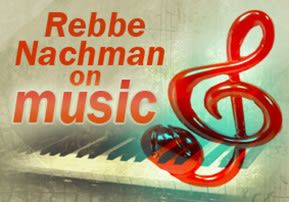
Rebbe Nachman on Music – Part 1
Music plays an important role in the service of Hashem. Breslever Chassidim put a special emphasis on music, as we see here in the writings of Rebbe Nachman.

Even if You Cannot Sing Well, Sing
Rabbi Nachman said that a person should regularly cheer himself by singing. A tune is a very great thing, with the power to awaken a person and draw his heart to God.
Even if a person cannot sing well, he can at least sing when he is alone.
One cannot imagine the worth of a tune. (Sichot Haran 273)
Holy Music Cleanses the World
Music of holiness is on an extraordinarily high level, as is well-known. The essence of such music is created when good is clarified and removed from evil. When one removes and separates good points from evil, music is formed.
When a person doesn’t allow himself to fall, but rejuvenates himself by searching within himself and finding good points, and he gathers these good points out of the bad that is also within him, tunes are formed.
Then this person is able to pray, sing to God and praise Him.
When a person grows disappointed with himself, with his corporeality and his wrong acts, and he sees that he is very far from true spirituality, he usually cannot pray at all. Because of his depression, bitterness and heaviness, he cannot open his mouth, seeing how far he is from God.
But despite his knowledge of his many wrong acts and his great distance from God, a person must revivify himself. He must search within himself and find his good points. He must revivify himself and rejoice with this, for a person should rejoice with every good point that he can find within himself. Then he can pray, sing and praise God. As the verse says, “I will sing to my God with my being” (Psalms 146:2).
Know that the person who can make such tunes by gathering these good points from every Jew, even from Jewish sinners, is able to lead the communal prayers.
The prayer leader is called the “shaliach tzibbur”—the representative of the congregation. He must be sent by all the congregation. He must gather all the good points that are found in every one of the congregation. All these good points must be incorporated within him.
Then he stands and prays with all this goodness. This is the role of the “representative of the congregation.”
He must be on such a high level that all the good points desire to come to him and are incorporated within him.
A person who can make such tunes—i.e., who can judge every individual favorably, even frivolous or bad people, by searching out their good points—such a person is a tzaddik who can represent the congregation. (Likutei Moharan 282)
Instrumental Music Clarifies the Imagination
One subjugates the power of fantasy via the level referred to as a “hand.” This is referred to in the verse, “I will be imagined via the hand of the prophets” (Hosea 12:11).
The concept of “hand” is in turn related to that of joy. As the verse says, “You will rejoice in everything to which you send your hand” (Deuteronomy 12:7).
This is related to musical instruments that one plays with one’s hand, via which the spirit of prophecy rests on the prophets. As Elisha the prophet commanded, “Bring me a musician” (Kings II 3:16).
An instrument has gathered in it various spirits that are a mixture of good and evil. There is a depressed spirit (as in Proverbs 15:13), an evil spirit. As is said of Saul, “An evil spirit frightened him” (Samuel I 16:14).
On the other hand, there is a good spirit, as in the verse, “[With] Your good spirit, lead me in a smooth land” (Psalms 143:10). This is the spirit of prophecy and holiness.
When the good and evil spirits are mixed together, one cannot receive a true prophecy.
We learn that Saul “prophesied…and he fell, naked” (Samuel I 19:34). Rashi explains, “he acted madly.” [Saul acted in this way] because a foolish and depressed spirit was mixed in him.
When a person plays a musical instrument with his hands, he gathers the good spirit, the spirit of prophecy, from the depressed spirit. Such a person must be one who “knows how to play music” (Samuel I 16:18), who knows how to gather the correct notes and thus create the tune, which is related to joy.
One must be able to build a good spirit, a spirit of prophecy, which is the opposite of a depressed spirit.
One must be able to play one’s instrument, going up and down with one’s hand, and intending to build perfect joy.
***
From “Chambers of the Palace”, an anthology of Rebbe Nachman’s writings abridged and translated by Yaacov Dovid Shulman. Writer, translator, and editor Yaacov Dovid Shulman can be contacted at: yacovdavid@gmail.com.




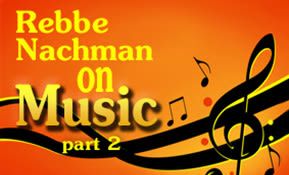
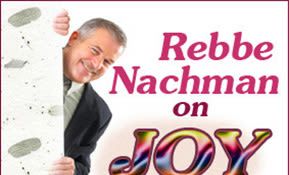
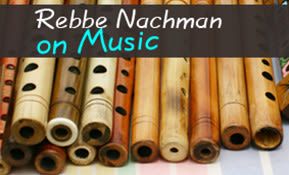
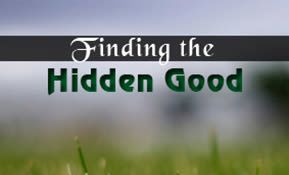
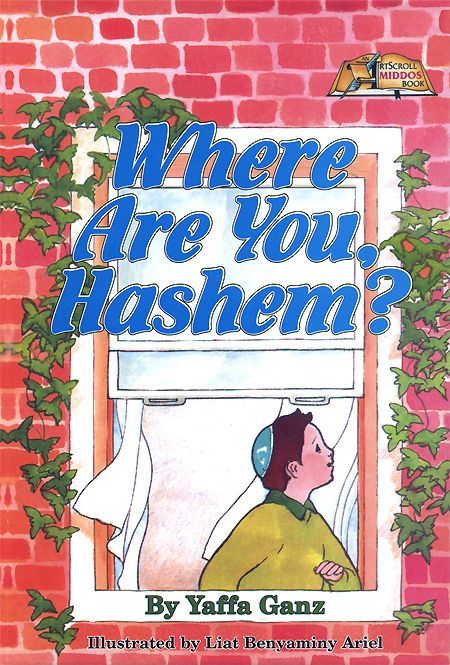
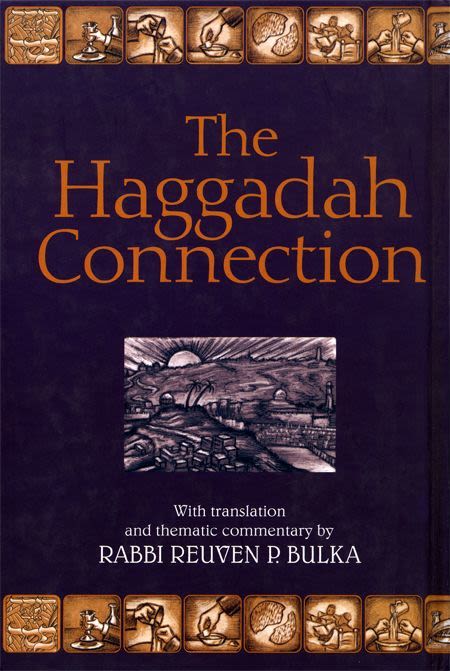

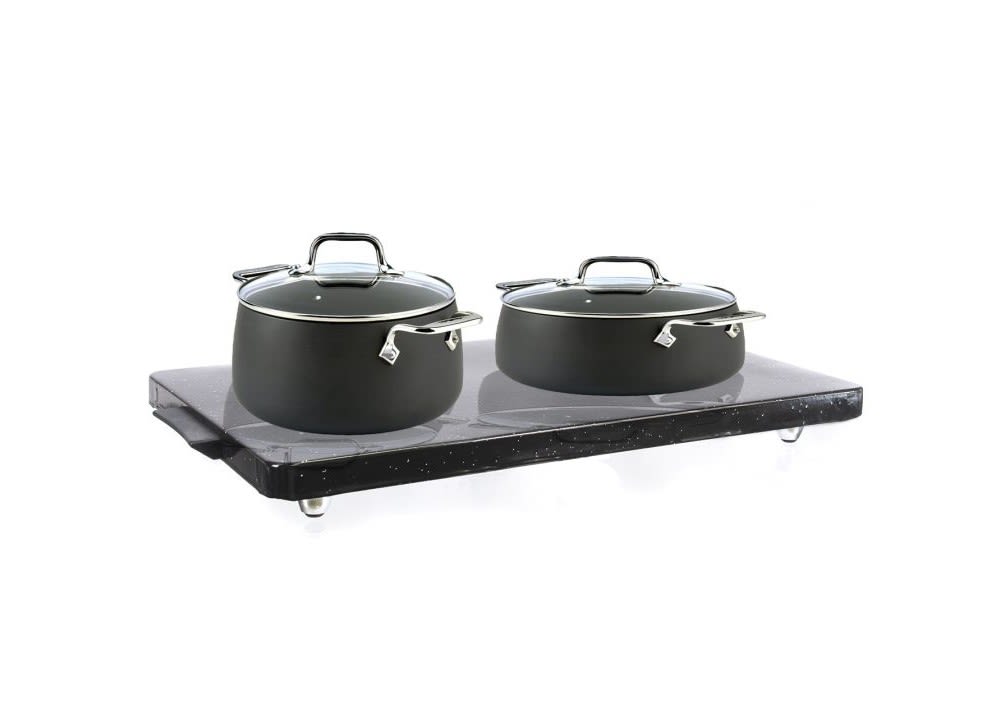
Tell us what you think!
Thank you for your comment!
It will be published after approval by the Editor.